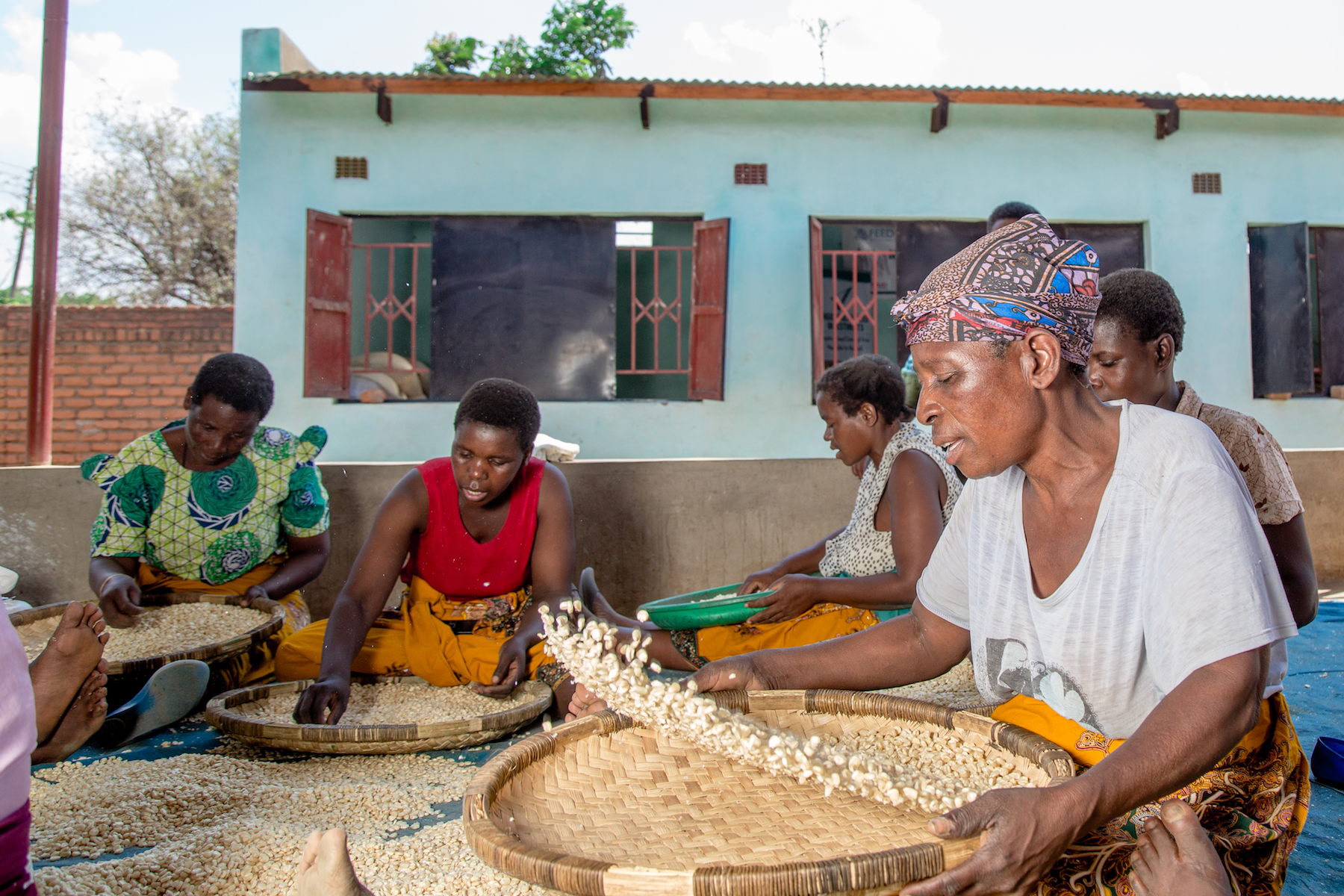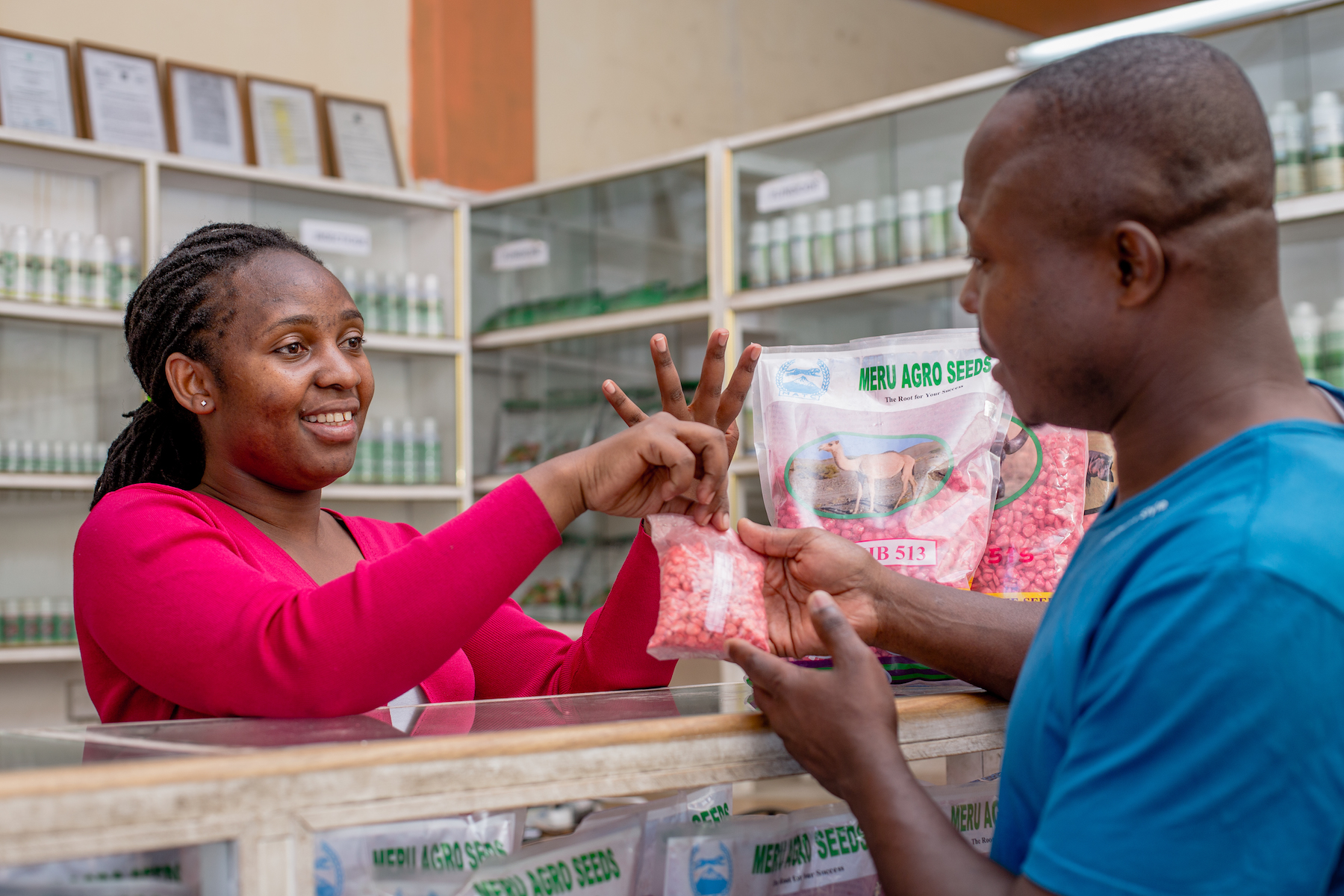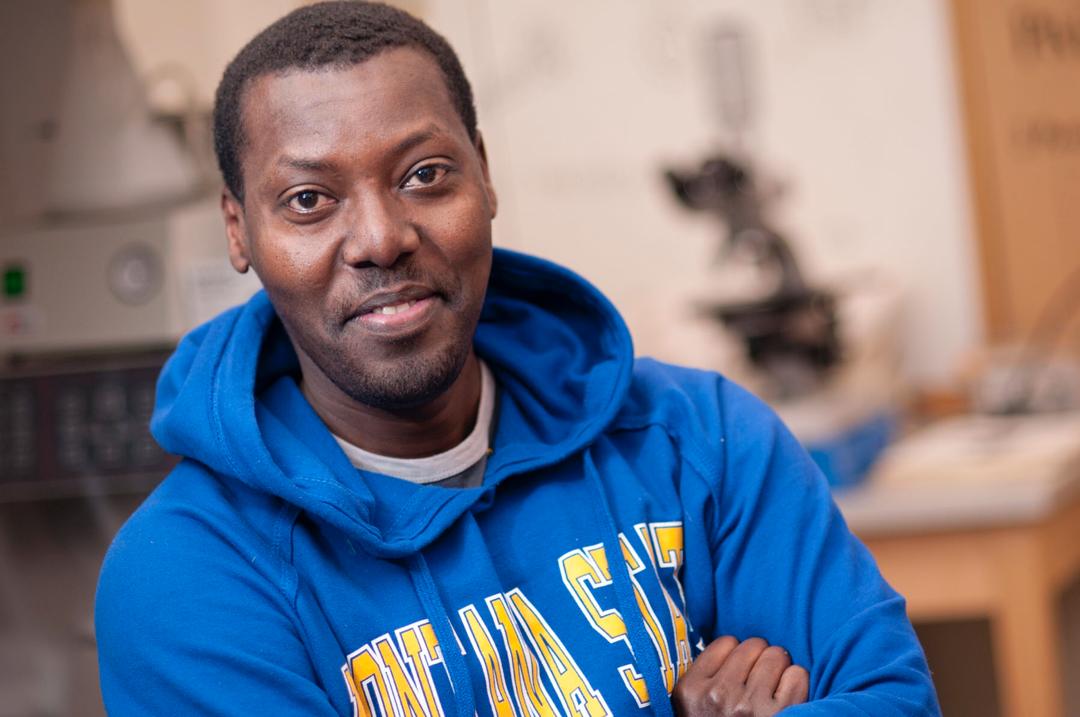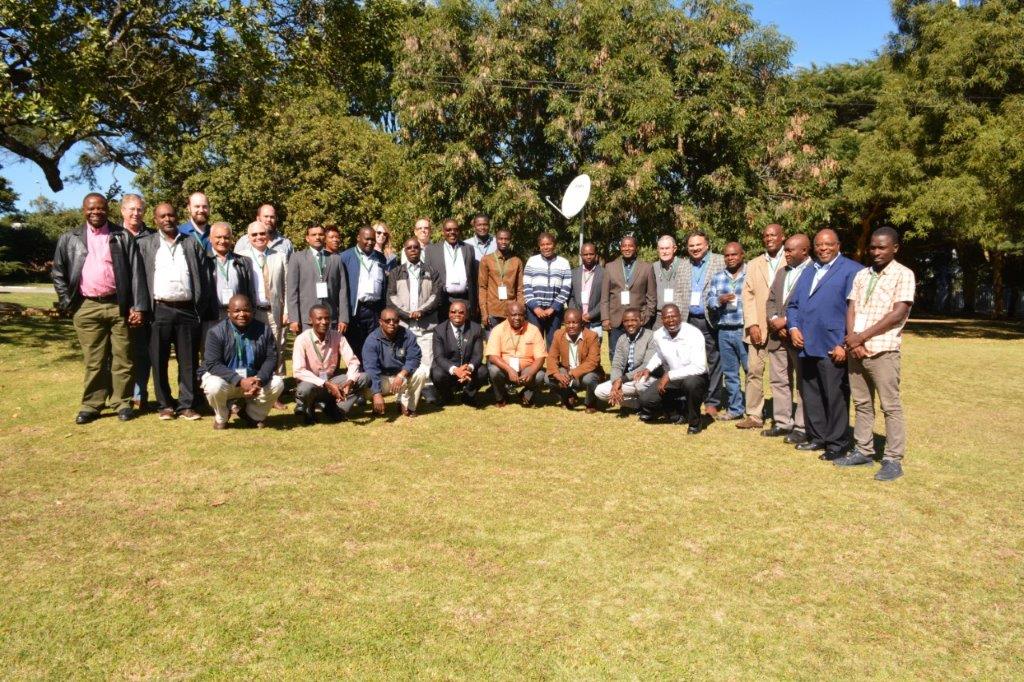
In Ethiopia, a World Bank study found that female farm managers produce 23 percent less yield per hectare compared to their male counterparts. This difference is explained partly by unequal access to information on improved seed varieties and what best agricultural practices to use. Despite half the farming workforce being women, the seed companies do not typically adapt their seed marketing strategy according to gender.
The “Gender-Responsive Approaches for the Promotion of Improved Maize Seed in Africa” guidebook, developed by the International Maize and Wheat Improvement Center (CIMMYT), is filling this gap. Designed for seed companies, extension workers and development organizations, it explains how best to package information about improved seed and farming technologies for men and women, with the goal of increasing adoption rates.
“Since seeing is believing, the field demonstrations approach allows farmers to witness firsthand how well improved seed varieties perform on their farms right from planting to harvesting, compared to old or other varieties,” said Rahma Adam, gender and development specialist at CIMMYT. “But too often, not enough care is given in the selection of women as lead farmers. This minimizes opportunities for reaching out to more women.”
Based on research, the guidebook recommends that half of the demonstration plots should be managed by women. In fact, the panel of lead farmers should be diverse, representing different age, socioeconomic status and ethnic groups, among others. Indeed, an understanding and importance of the various agronomic practices from the time of planting, weed control or fertilizer application would vary across gender, age and socioeconomic groups.
“Given the turnover of seed varieties due to genetic improvements, men and women extension workers need to keep abreast not only of new technologies, but also of new ways of fostering awareness and encouraging adoption, for instance using digital platforms for faster and cheaper outreach,” the guidebook concludes.

Tools for field days and budgeting
A complementary handbook, “Gender-responsive tools for demos and field days data collection”, is under preparation. It will guide seed companies and extension workers on how to consider the diversity of the public attending farmer field days.
Another toolkit, “Gender-Responsive Budgeting Tool for the Promotion of Improved Maize Seed in Africa”, proposes how to efficiently allocate resources to reach out to targeted farmers to promote new varieties and farming practices. If, for instance, women farmers do not know as much as men farmers about certain improved maize varieties, then the best approach would be to direct the resources towards promoting the seed varieties among the women. Better still, since women are involved in making decisions about purchasing improved seeds in both male-headed and female-headed households, it is logical to allocate more resources targeting women farmers. An effective strategy would be to allocate a portion of the budget to field days, farm demonstrations, distribution of small seed packs, informational leaflets, showcase videos and disseminate radio messages, among others. “In fact, local radio is quite effective in informing farmers about upcoming field days or farm demonstration days,” said Simon Kiio, a field officer at Dryland Seed Ltd, a Kenyan seed company which distributes drought-tolerant SAWA and VIGA maize hybrids, among others, across Kenya.
“Whenever we make announcements on local radio to inform farmers about dates and locations for demo farm activities, we usually get more women attending than men. These women act as good marketing ambassadors for our products within their networks or groups,” Kiio explained.
Ultimately, by building gender-sensitive and cost-effective seed promotion programs, seed companies would generate more seed sales of improved maize varieties: seeds that are more tolerant to major stresses, better adapted to poor soils, and yielding more than the local, older varieties on the market.
The Stress Tolerant Maize for Africa (STMA) project seeks to develop maize cultivars with tolerance and resistance to multiple stresses for farmers, and support local seed companies to produce seed of these cultivars on a large scale. STMA aims to develop a new generation of over 70 improved stress tolerant maize varieties, and facilitate production and use of over 54,000 metric tons of certified seed.
The STMA project is funded by the Bill & Melinda Gates Foundation and USAID.

 Capacity development
Capacity development 


